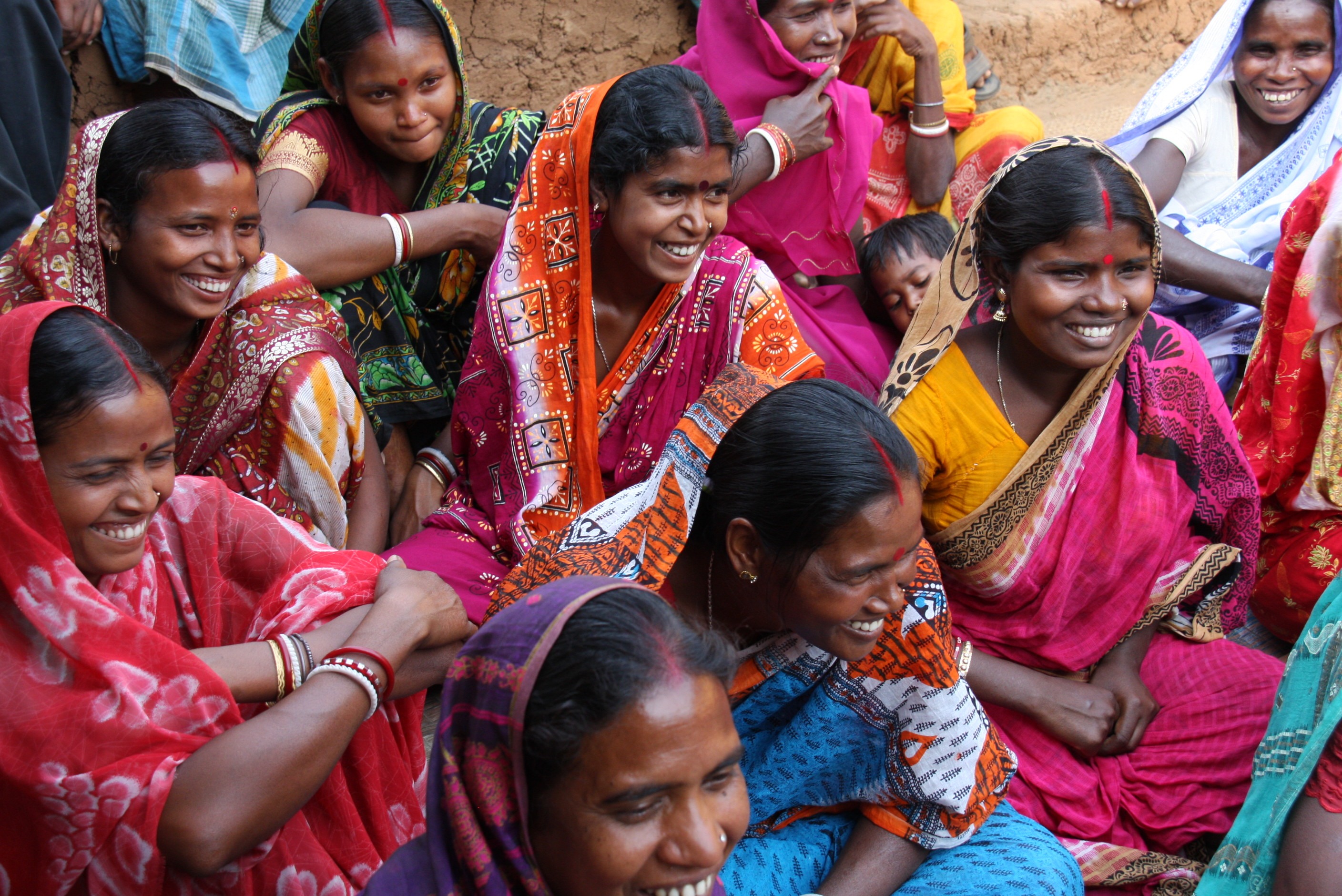Advancing financial and digital inclusion for women.
By Katie Carrasco, Head of ESG & Gender Co-Lead
Dec 19, 2024
In June 2024, GIF was pleased to announce that we had joined the 2X Challenge, a multilateral coalition of public and private sector investors who have pledged to invest US$20 billion in women’s economic empowerment over the next three years.
2X Challenge participating investors are capital providers who qualify investments within our portfolios under the strengthened 2X Criteria and promote public reporting of finance for women. Given the urgency of climate action, investments at the nexus of gender and climate finance are encouraged.
To participate in the 2X Challenge, investors must be a 2X Global member and agree to the 2X Challenge Engagement Principles. 2X Global is a global membership and field-building organisation for investors, capital providers, and intermediaries working in public and private markets, across both developed and emerging economies.
GIF is an evidence-driven organisation which believes in sharing what we have learnt from our investments. We are particularly keen to share cross-portfolio learnings, and to be transparent about what hasn’t worked, as well as showcasing our successes. To this end, I recently spoke in a community of practice session organised by 2X Global, alongside fellow member, Borja Garcia Fernandez, who is Head of Structuring and LATAM at Citi Social Finance. Moderated by community engagement lead Natalie Au, the session brought together members to discuss advancing digital and financial inclusion for women, focusing on impact measurement frameworks and strategies to overcome barriers.
The conversation highlighted both challenges and actionable solutions to foster progress. Here are some key insights from our discussion:
The current state of inclusion
Economic, social and regulatory barriers limit women’s access to FinTech opportunities. This includes limited access to capital: globally, only 4% of FinTech funding goes to female-led companies, underscoring the need for more gender-focused investment.
Women also face persistent gender biases in technology and finance, and gaps in policies supporting women’s participation in FinTech.
The importance of impact measurement frameworks
Strong measurement frameworks and data are needed to track impact and refine strategies for women-led FinTechs. Frameworks must be context-specific to capture the nuances of financial and digital inclusion across different regions and sectors.
Gender-disaggregated data is critical to identifying disparities and tracking progress effectively.
The Global Innovation Fund uses its Practical Impact Framework, to analyse breadth, depth, and success probability of a potential investment. You can download a paper on incorporating gender equality into GIF’s impact framework here, and access our full suite of gender analysis tools here.
Citi Social Finance uses a Social Finance Framework, publicly committing to impact metrics (for example, supporting 15 million low-income households, including 10 million women, by 2025).
Peer networks, mentorship and community-driven platforms are key to boosting engagement in FinTech services. As part of the discussion I highlighted GIF's investment in Gender Intentional Safety Nets, which is increasing labour force participation and agency outcomes for marginalised women in India by improving access to bank accounts and earnings from social safety net programs at scale.
Challenges with Standardised Criteria
A key challenge is applying a single set of criteria across diverse sectors and regions. It was highlighted that each sector (e.g. financial services, digital tech, agriculture) and region has unique challenges, requiring customised adaptations of the 2X framework to remain relevant and effective.
Sector-Specific Metrics: In Fintech, for example, the focus might be on women in leadership and access to capital, while in agriculture, criteria might emphasise women’s access to resources and employment opportunities.
Regional Variations: Cultural, regulatory and infrastructure differences necessitate flexibility. They also create data that is difficult to compare, even when collected using similar frameworks.
Data Quality: Institutions often lack systems to collect, process, and utilise robust data effectively.
Strategies to Overcome Barriers
Collaboration: Foster partnerships between financial institutions, policymakers, and tech companies to align goals.
Capacity Building: Provide women entrepreneurs with training in digital and financial tools.
Policy Advocacy: Strengthen legal frameworks to promote inclusion and protect women from systemic biases.
Streamlining Metrics: Establish cross-investor alignment on key indicators to reduce reporting burdens on portfolio companies.
Next Steps
The session emphasised the need for continued dialogue, actionable commitments, and a focus on impact-driven solutions. Key takeaways for future collaboration include establishing industry-wide standards for metrics to streamline data collection and ensure comparability; and leveraging blended finance models to unlock resources and scale impact.
We also considered what 2X Global can do as a members’ community to facilitate the building of these standards for financial and digital inclusion under the 2X Criteria.
